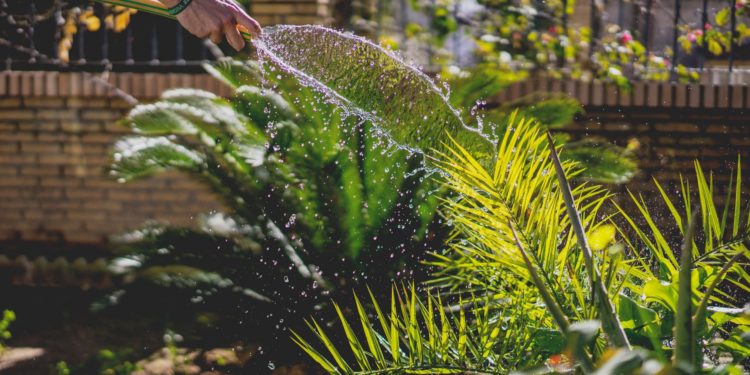Water management in residential properties is a crucial aspect of sustainable living and property management. Efficient water usage not only conserves a vital resource but also reduces utility costs and minimizes environmental impact. Here are some key strategies for effective water management in residential settings.
Water-Efficient Fixtures and Appliances
Investing in water-efficient fixtures and appliances can significantly reduce water consumption. Low-flow showerheads, faucets, and dual-flush toilets are designed to use less water without compromising performance. Similarly, water-efficient dishwashers and washing machines can help in conserving water on a daily basis.
Smart Irrigation Systems
Landscaping can account for a substantial portion of residential water use. Smart irrigation systems, which include soil moisture sensors and weather-based controllers, ensure that gardens and lawns receive the right amount of water. Drip irrigation is another effective method, delivering water directly to plant roots and minimizing wastage.
Rainwater Harvesting
Rainwater harvesting systems collect and store rainwater for later use. This water can be utilized for irrigation, toilet flushing, and even washing machines. Installing rain barrels or more sophisticated rainwater harvesting systems can reduce dependence on municipal water supplies and decrease utility bills.
Greywater Recycling
Greywater recycling involves reusing water from sinks, showers, and laundry for irrigation and toilet flushing. Greywater systems can be simple or complex, but they all help in reducing the amount of freshwater needed for non-potable uses.
Leak Detection and Repair
Undetected leaks can lead to significant water loss over time. Regularly inspecting plumbing for leaks and promptly repairing any issues is essential. Installing smart water meters that detect leaks and monitor water usage in real-time can help in identifying and addressing leaks quickly.
Education and Awareness
Educating residents about water conservation practices is vital for effective water management. Providing information on simple actions, like turning off the tap while brushing teeth or taking shorter showers, can lead to significant water savings. Encouraging a culture of conservation among residents fosters long-term sustainable water use.
By implementing these strategies not only ensures sustainable water use but also contributes to cost savings and environmental preservation. Residential properties can play a crucial role in conserving one of our planet’s most precious resources.














